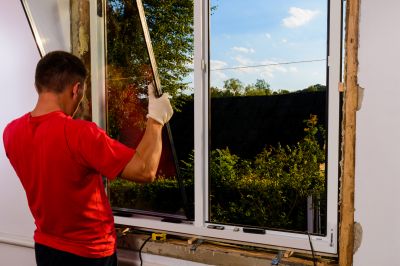Optimal Timing for Windows Installations
Choosing the right time for Windows installations can impact system performance and minimize disruptions. Proper timing ensures compatibility with other scheduled activities and reduces potential downtime. Typically, periods of lower network activity and minimal user engagement are ideal for such updates.
Spring and fall are often preferred due to moderate weather conditions and fewer scheduled disruptions, making them suitable for comprehensive system updates.
Early mornings or late evenings are recommended to avoid peak usage hours, allowing installations to complete with minimal interference.
Weekends or days with planned downtime provide more flexibility for installations that may require extended periods or troubleshooting.
Scheduling outside of regular business hours helps prevent productivity loss and ensures that updates do not interfere with daily operations.

Ways to make Windows Installations work in tight or awkward layouts.

Popular materials for Windows Installations and why they hold up over time.

Simple add-ons that improve Windows Installations without blowing the budget.

High-end options that actually feel worth it for Windows Installations.
| Aspect | Recommendation |
|---|---|
| Season | Spring and fall are optimal |
| Time of Day | Early mornings or late evenings |
| Weekday vs Weekend | Choose weekends or days with downtime |
| Preparation | Perform backups prior to installation |
| Duration | Schedule enough time for completion |

Finishes and colors that play nicely with Windows Installations.

Little measurements that prevent headaches on Windows Installations day.

A 60-second routine that keeps Windows Installations looking new.

A frequent mistake in Windows Installations and how to dodge it.
Interested in scheduling a Windows installation or requiring assistance with system updates? Filling out the contact form provides a straightforward way to initiate the process. Proper timing and preparation can lead to smoother updates and optimal system performance.


